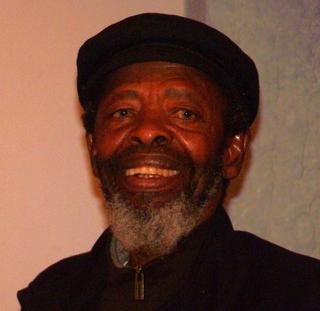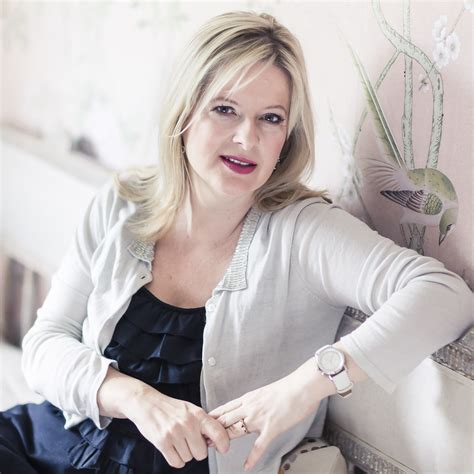A Quote by Laurent A. Daloz
Many of us carry memories of an influential teacher who may scarcely know we existed, yet who said something at just the right time in our lives to snap a whole world into focus.
Related Quotes
When, as President Joseph F. Smith said, we "catch a spark from the awakened memories of the immortal soul, "let us be quietly grateful. When of great truths we can say "I know," that powerful spiritual witness may also carry with it the sense of our having known before. With rediscovery, we are really saying "I know - again!"
Unexplained pain may sometimes direct our attention to something unacknowledged, something we are afraid to know or feel. Then it holds us to our integrity, claiming the attention we withhold. The thing which calls our attention may be a repressed experience or some unexpressed and important part of who we are. Whatever we have denied may stop us and dam the creative flow of our lives. Avoiding pain, we may linger in the vicinity of our wounds, sometime for many years, gathering the courage to experience them.
Art is created to make us, to make our passage through the world better, fruitful - and I would say that every story in the end, if it is good, tells us something. This is actually what I meant when I said a novelist is a teacher. Which is why I am constantly dealing with "didactic". Now a teacher in the sense I use it is not somebody who has the profession of standing in front of children, with a piece of chalk in his hand scribbling on the blackboard. That is not the teacher I have in mind. The teacher I have in mind is something less tangible.
The only things in which we can be said to have any property are our actions. Our thoughts may be bad, yet produce no poison; they may be good, yet produce no fruit. Our riches may be taken away by misfortune, our reputation by malice, our spirits by calamity, our health by disease, our friends by death. But our actions must follow us beyond the grave; with respect to them alone, we cannot say that we shall carry nothing with us when we die, neither that we shall go naked out of the world.
I just think society, our culture and our world would be better off if we just loved God and loved our neighbor and did what was right. You know, our founding fathers... They all were godly men. Someone told me one time, "Yeah, but they made mistakes." I said, "So have we. We've all made mistakes." I said, "But they founded the greatest nation on earth and we didn't, and that's the difference right there."
As Indigenous peoples, we know there is more to the world. We know spirits exist. We know as women, because we're especially attuned to this kind of knowledge, that spirits exist and have a presence in our lives. Some of us are gifted and can communicate with the spirit world. Not everyone has that gift and can perceive the borders between the living and the dead and our society actively discourages us of exploring the knowledge of what many of us have already always known in our cultures.
Of course, thanks to the house, a great many of our memories are housed, and if the house is a bit elaborate, if it has a cellar and a garret, nooks and corridors, our memories have refuges that are all the more clearly delineated. All our lives we come back to them in our daydreams. A psychoanalyst should, therefore, turn his attention to this simple localization of our memories. I should like to give the name of topoanalysis to this auxiliary of pyschoanalysis. Topoanalysis, then would be the systematic psychological study of the sites of our intimate lives.
Many people do not know that they can strengthen or diminish the life around them. The way we live day to day simply may not reflect back to us our power to influence life or the web of relationships that connects us. Life responds to us anyway. We all have the power to affect others. We may affect those we know and those we do not even know at all. . . . Without our knowing, we may influence the lives of others in very simple ways.
In an instant, our mind can carry us far away into memories of the past or fantasies about the future. Or we may get caught up in a race against the clock, feeling like there's never enough time. We say things like "Time is flying," "Time is running out," or "There are never enough hours in the day."































